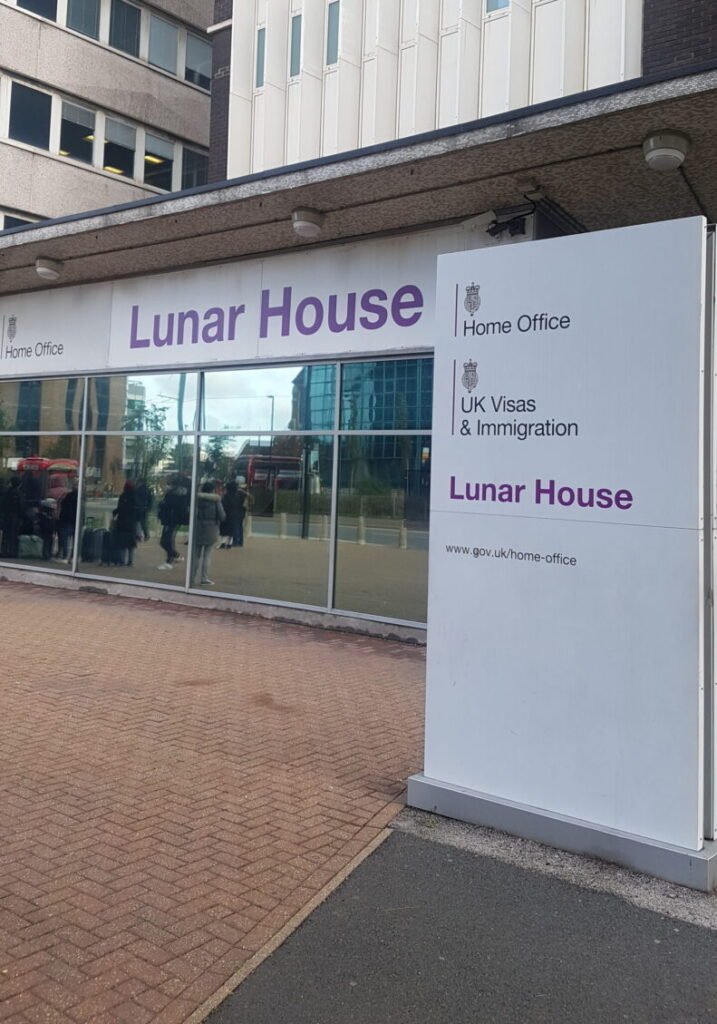Significant changes to Home Office ‘Dependent family members in work routes’ guidance – children whose only one parent is applying or is present in the UK
As an immigration lawyer I frequently come across cases when I have to explain the restrictive Home Office rules to applicants who intend to bring their child or children to the UK while the other parent remains abroad. Many of them are in disbelief to hear that the Home Office requirement is that child’s both parents must either be applying for a UK visa at the same time, or that the other parent is already in the UK with a relevant visa (which cannot be as a visitor visa only), unless the very few exceptions could apply.
The new Home Office ‘Dependent family members in work routes’ Guidance appears to be more helpful for applicants with child(ren) in such circumstances. I read though the updated guidance and below I summarise the key points.
Parental immigration status requirement
The general rule is that both parents of a dependent child applicant must be either applying at the same time as the applicant child or have permission to be in the UK (other than as a visitor) UNLESS one of the following applies:
• the parent with permission is the sole surviving parent
• the parent with permission has sole responsibility for the child’s upbringing
• the parent who does not have permission is a British citizen or a person who has a right to enter or stay in the UK without restriction (and who therefore would not apply for permission) – such persons must, however, be (or will be) ordinarily resident in the UK
• the Home Office decision maker is satisfied there are serious and compelling reasons to grant the child entry clearance or permission to stay with the parent with permission
Exceptional circumstances – serious and compelling circumstances
The Home Office in their new guidance acknowledged that the decision maker must normally be satisfied that a child is either joining both parents, or the work or study migrant is the sole surviving parent, or has and has had sole responsibility, BUT it also states that there may be exceptional cases where it is appropriate to issue entry clearance. The guidance also makes reference that the Home Office decision maker must considert: best interests of the child (s55 of the Borders, Citizenship and Immigration Act 2009 Section 55 ), and in particular when the other parent gave their written consent and when suitable care arrangements are made for the child in the UK.
Below are examples of scenarios given in the Home Office guidance, where it may be judged that there are serious and compelling reasons to grant the child entry clearance or permission to stay with the parent with permission.
The below is non-exhaustive list:
- due to employment or study commitments, one parent is delaying their entry to the UK
- one parent is travelling to a territory for reasonable purposes which makes it impossible to care for the child(ren) e.g. the father/mother is travelling to a country where it would not be safe for the child(ren) to join them
- one parent is travelling to a territory for reasonable purposes on a short-term basis such that it would be unreasonable to expect care/schooling arrangements to be made for the short length of the trip
- one parent is receiving medical treatment abroad and plans to join the family later

Care requirement
- You must be satisfied the applicant will be living with the lead applicant and any dependent partner in a suitable care arrangement that meets relevant UK legislation, unless they are aged 18 or over.
- All arrangements for children’s care and accommodation in the UK must comply with relevant UK legislation and regulations.
- You must also consider your Section 55 duty to have regard to the need to safeguard and promote the welfare of children aged under 18. If you have concerns over child welfare you should discuss the application with a manager
Children from previous relationships
The rules require that any dependent children are either jointly or solely the responsibility of the lead applicant, except for the UK Ancestry route where the partner may have sole responsibility. The definition of parent under paragraph 6 of the Immigration Rules is:
“Parent” includes:
(a) the stepfather of a child whose father is dead, and reference to stepfather includes a relationship arising through civil partnership; and
(b) the stepmother of a child whose mother is dead, and reference to stepmother includes a relationship arising through civil partnership; and
(c) the father, as well as the mother, of an illegitimate child where the person is proved to be the father; and
(d) an adoptive parent, where a child was adopted in accordance with a decision taken by the competent administrative authority or court in a country whose adoption orders are recognised by the UK or where a child is the subject of a de facto adoption in accordance with the requirements of paragraph 309A (except that an adopted child or a child who is the subject of a de facto adoption may not make an application for leave to enter or remain in order to accompany, join or remain with an adoptive parent under paragraphs 297 to 303); and
(e) in the case of a child born in the UK who is not a British citizen, a person to whom there has been a genuine transfer of parental responsibility on the ground of the original parents’ inability to care for the child.
The new Home Office guidance makes it clear that if the child or children come from a previous relationship that the dependent partner has had, and the other natural parent is still alive the Home Office decision maker should be aware that the lead applicant may have become a de facto adoptive parent.
The Immigration Rules, under paragraph 309A, state that a de facto adoption shall be regarded as having taken place if:
(a) at the time immediately preceding the making of the application for entry clearance under these Rules the adoptive parent or parents have been living abroad (in applications involving two parents both must have lived abroad together) for at least a period of time equal to the first period mentioned in sub paragraph (b)(i) and must have cared for the child for at least a period of time equal to the second period material in that sub-paragraph; and
(b) during their time abroad, the adoptive parent or parents have:
(i) lived together for a minimum period of 18 months, of which the 12 months immediately preceding the application for entry clearance must have been spent living together with the child; and
(ii) have assumed the role of the child’s parents, since the beginning of the 18 month period, so that there has been a genuine transfer of parental responsibility.
The Home Office decision maker should also consider if the circumstances may meet the requirement that: ‘the decision maker is satisfied that there are serious and compelling reasons to grant the child entry clearance or permission to stay with the parent who is applying for or has entry clearance or permission as a [route name].’Consideration should be given to questions listed below, which is a non-exhaustive list. Any application should have a full consideration of welfare issues and the best interests of the child:
- What is in the best interests of the child?
- Are they normally living with the lead applicant and their natural parent who is the partner?
- Do they have consent from the other natural parent to apply?
The new guidance adds that if a child has previously been granted permission as the dependant of the lead applicant there must be extraordinary circumstances not to grant further permission when assessing the relationship requirement.
Summary
The new Home Office guidance makes it easier for parents to secure a child dependent visa in the UK for children whose both parents are not in the UK. Ultimately, those children should also be able to secure settlement in the UK. It remains to be seen how these changes will be applied by the Home Office caseworkers.



[…] applications’. We previously wrote on the sole responsibility under the work routes here: https://thaxtedlegal.com/2021/11/14/changes-to-uk-dependant-children-guidance/ […]